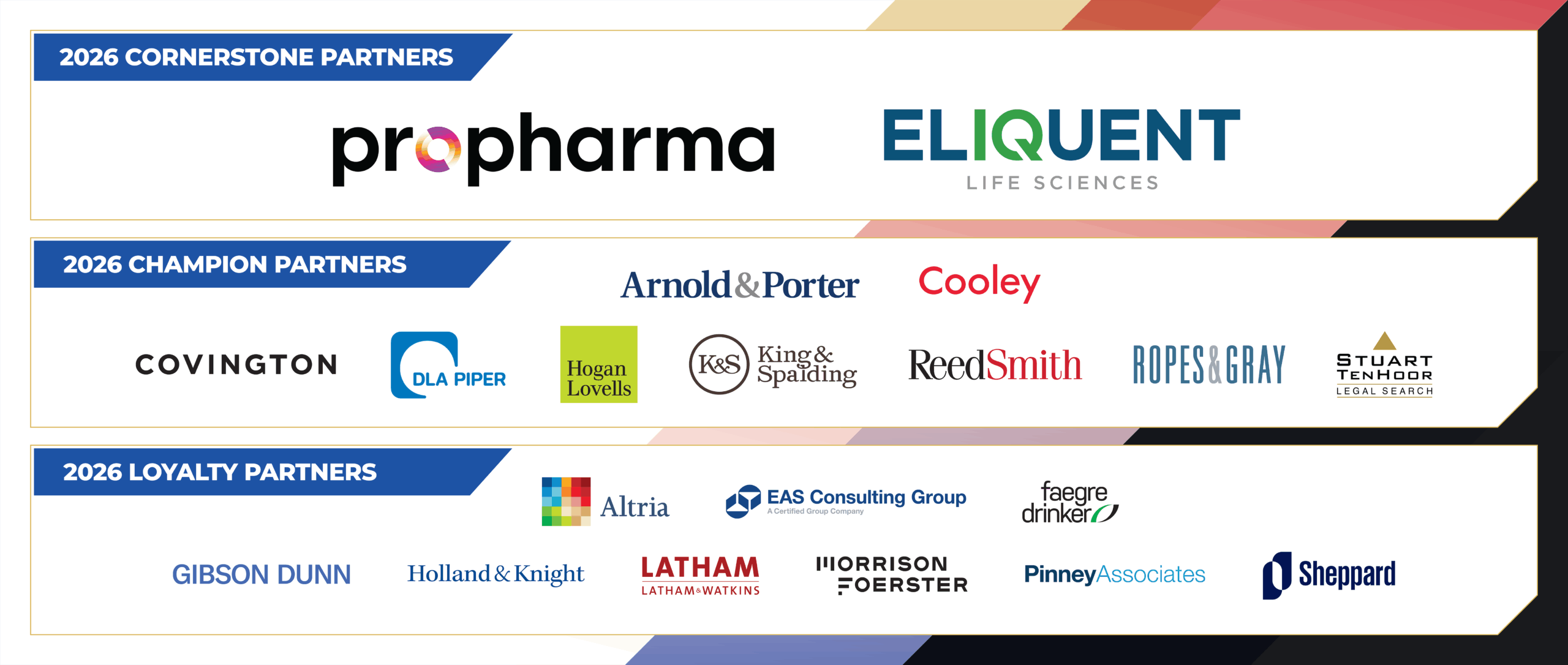United States v. Winslow
United States v. Maleknia
United States v. Daoust
Steven A. Johnson*
I. Why It Made the List
For the last fifty years, the U.S. Food and Drug Administration (FDA) has relied on the Supreme Court precedent of United States v. Park, 421 U.S. 658 (1975) in bringing individual criminal cases under the Federal Food, Drug, and Cosmetic Act (FDCA) to prosecute Responsible Corporate Officers (RCO) in the Life Science Industry.
The reasoning from the Department of Justice (DOJ) and FDA for bringing such cases is that the corporate plea alone resulting in a fine sometimes may not be enough of a deterrent to prevent similar illegal activity that harms the public health, whereas additional individual successful prosecutions can be even more productive use of resources.
These three individual prosecutions of the top executive officers of Magellan Diagnostics, Inc. (Magellan) is another example of the continued willingness to rely on the Park Doctrine to bring culpability to a company’s RCOs.
These three individual cases where follow on investigations by FDA and FBI to the May 21, 2024, plea agreement by Magellan, a medical device company headquartered in Billerica, Massachusetts, where the company agreed to resolve corporate criminal charges relating to its concealment of a malfunction from its LeadCare II and Ultra devices that produced inaccurately low lead test results for potentially tens of thousands of children and other patients. As part of the criminal resolution, Magellan pled guilty to violations of the FDCA and paid a $28.1 million fine, $10.9 million in forfeiture, and $9.3 million to compensate patient victims.
II. Discussion
A. Legal Background
This case involved the government charging under its authority and relying on the Park Doctrine, the Magellan CEO Amy Winslow, the COO Hossein Maleknia, and the Director of Quality Assurance & Regulatory Affairs Reba Daoust. Ms. Winslow and Mr. Maleknia by way of Grand Jury indictment with felony counts under the FDCA for introduction into interstate commerce of a misbranded device and with felony counts of making a false statement to FDA.
B. Factual Background
These three individual cases where follow on investigations by FDA and FBI to the May 21, 2024, plea agreement by Magellan, a medical device company headquartered in Billerica, Mass., where the company agreed to resolve corporate criminal charges relating to its concealment of a malfunction from its LeadCare II and Ultra devices that produced inaccurately low lead test results for potentially tens of thousands of children and other patients. As part of the criminal resolution, Magellan pled guilty to violations of the Federal Food, Drug, and Cosmetics Act (FDCA) and paid a $28.1 million fine, $10.9 million in forfeiture, and $9.3 million to compensate patient victims.
C. Court Decisions
Ms. Winslow, the Magellan CEO, pled guilty in March 2025 to one felony count of introduction into interstate commerce a misbranded device based on her knowledge as the top corporate officer of the device malfunctions resulting in the company further concealing from FDA the false test results involving the LeadCare II and Ultra testing devices between 2013–2017. U.S. District Court Judge Patti B. Saris set sentencing for Ms. Winslow for July 23, 2025.
Mr. Maleknia as COO pled guilty to two felony counts in March of 2025 to also introducing into interstate into commerce the misbranded Magellan testing devices. Judge Saris set sentencing for Mr. Maleknia for June 26, 2025.
Ms. Daost as the company Director of Quality Assurance and Regulatory Affairs pled guilty in March 2025 to one felony count of making false statements to FDA in her filings regarding the device false test results. Judge Saris has set her sentencing for June 24, 2025. The felony charges for introduction of a misbranded device which Ms. Winslow and Mr. Maleknia each pled to carry a sentence of up to three years in prison, one-year supervised release, and a fine up to $250,000. The felony charge of making false statements to FDA which Ms. Daoust pled to carries up to five years in prison, up to three years supervised release, and a fine up to $250,000 or twice the gross gain from the offense.
After a sentencing hearing regarding all three defendants before Judge Saris on June 26, 2025, the actual sentence guideline determinations and final decisions regarding the same were delayed until late summer of 2025 pending a newly ordered evidentiary hearing for July 2025 in order for the Judge to determine the adequacy of the pleas and whether the defendants will be sentenced for fraud or intent to mislead FDA violations.
III. Future Impact of the Case
FDA’s Office of Criminal Investigations (OCI) New York Office, in conjunction with FBI and the HHS OIG, aggressively investigated this case against the three Magellan responsible corporate officers following the Magellan corporate plea in a successful effort to emphasize that in certain egregious cases where it is found that responsible corporate officers deliberately continued to introduce misbranded testing devices into commerce and covered up the defective erroneous results putting adults and children who relied on them at risk, they will fully pursue and prosecute felony charges.
It is clear that fifty years after the Park strict liability case was decided at the Supreme Court and the RCO doctrine was established, the government will continue in certain cases to seek full individual corporate accountability, not just corporate pleas and fines. The impact of this case could be even greater on the regulated industry if the three convicted individuals receive significant prison time in their upcoming sentencings before the court.
* Steven A. Johnson is a former FDA Associate Chief Counsel for Enforcement and Founder of the Consulting Firm FDACOUNSELS.COM who regularly counsel Life Science companies on regulatory and compliance issues.
Top Food and Drug Cases, 2024
& Cases to Watch, 2025

